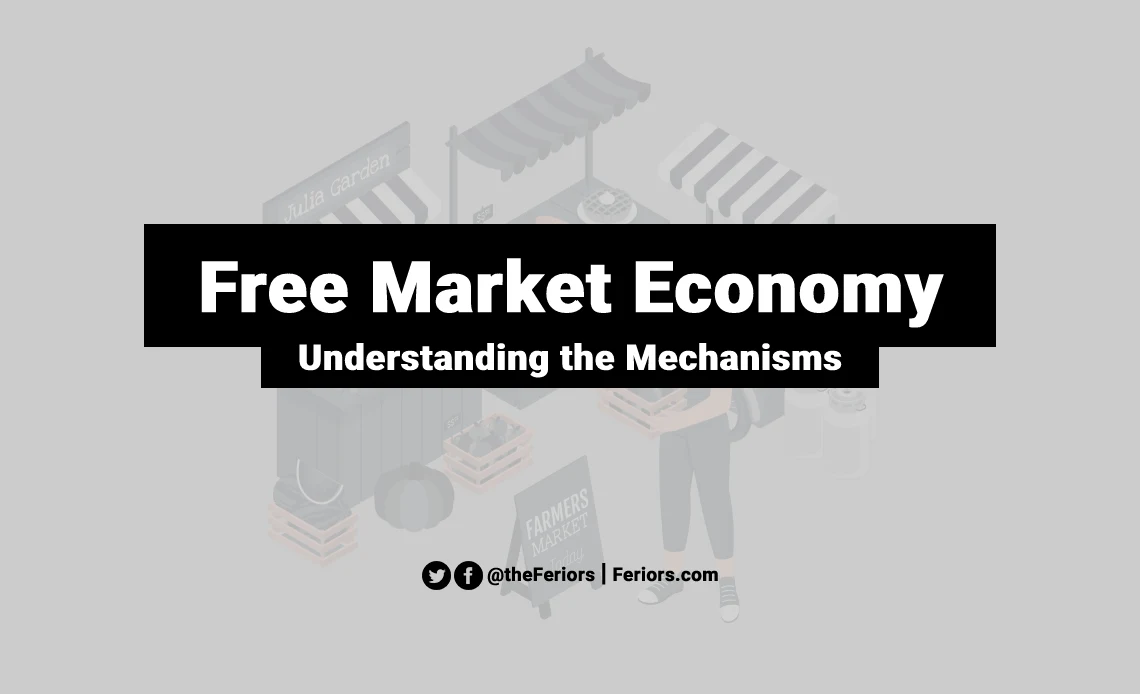What is Free Market Economy?
A free market economy is an economic system where transactions between buyers and sellers are determined by the laws of supply and demand without any interference from the government or other external forces.
In a free market economy, individuals and businesses are free to buy and sell goods and services based on their own choices, preferences, and resources. The government does not set prices or interfere with the workings of the market.
When the prices are determined by the interaction of buyers and sellers in the market. This means that prices are influenced by the forces of supply and demand, with prices rising when demand exceeds supply and falling when supply exceeds demand.
In addition to prices, wages and salaries are also determined by the market in a free market economy. Workers are free to negotiate their own wages and employers are free to offer wages based on the value of the work performed.
The benefits of a free market economy include efficient allocation of resources, as the market forces of supply and demand help to direct resources to where they are most needed. This can result in lower costs and increased competition, which can benefit consumers.
However, a free market economy can also lead to income inequality and market failures, which can lead to the need for government intervention in some cases.
A free market economy is also known as a free enterprise.
Free Market Economy & Capitalism
The free market economy is often associated with capitalism, as it allows for private ownership of property and businesses, and encourages individual enterprise and innovation. However, a free market economy does not necessarily have to be capitalist. There are other economic systems, such as socialism, that could also have a free market component.
That being said, capitalism and free market economies are often intertwined. In a capitalist system, businesses and individuals are free to own and operate private property and resources, and are motivated by profit to produce goods and services to sell in the free market. The competition in the free market helps to allocate resources efficiently and leads to innovations and technological advances.
So while a free market economy does not necessarily require capitalism, in practice the two are often closely linked.



